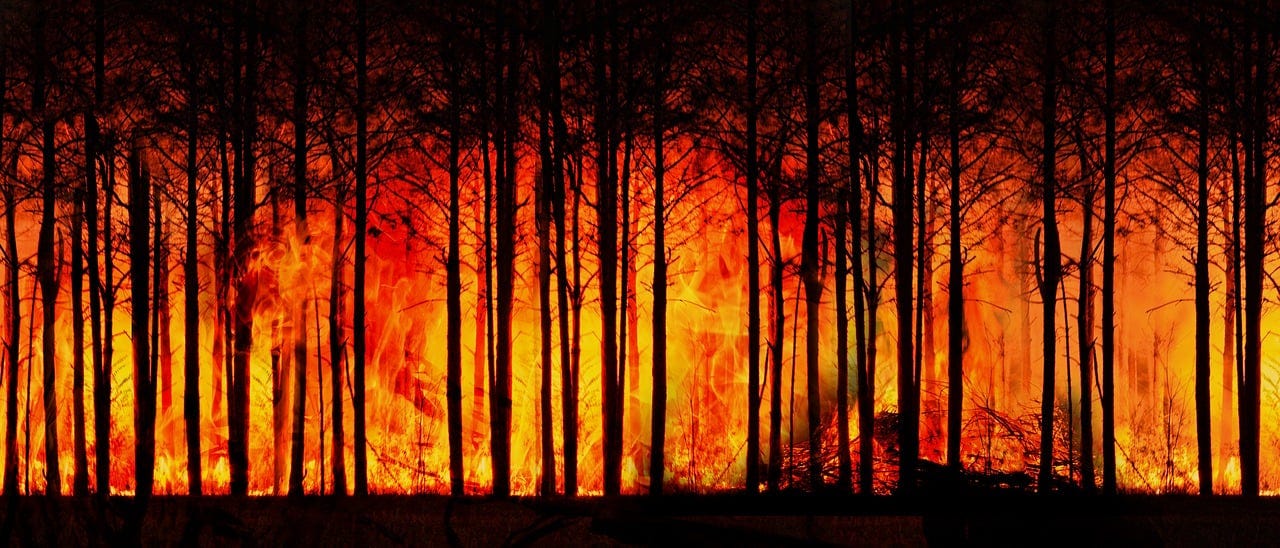Hottest January in the History of Januaries
After an El Niño year, it should have cooled off, but it didn't

I’d like to analyze and report on the extraordinary events unfolding in the Trump administration, but it’s way too early for that. Musk and the childmen he leads may seem ascendant, but that may not last. Trump is swinging some serious international pipe, but he may be forced to back down, or the price to us may become unbearably high via a move away from the dollar as the world’s reference currency.
The domestic takeover grab is massive (see the first five minutes of this report), and no one knows if national Democrats will fight back effectively. Maybe they will, or not. Trump is throwing a ton of new plans at the wall. Will half of it stick? Or most? Or not much at all?
We’re watching this closely, so stay tuned to this station, as they say. The broad systemic world is already different than most people’s view of it, and greater transformative change is on the way. As soon as the new takes shape, we’ll dig right in. But for now, we’re watching as things unfold by the day. Thanks for your patience.
Hottest January in Recorded Januaries
In the meantime, something that’s not too soon to predict is the coming climate “event,” the big bonanza, when nature and billionaire hubris will meet in the ring, and billionaires won’t walk out intact. (Wonder why billionaires are so eager to flee the earth? They’re escaping their mess.)
January 2025 just clocked in as the hottest January in recorded history. New Scientist:
January 2025 sets surprise record as hottest ever start to a year
Meteorologists expected global temperatures to start falling after record highs in 2023 and 2024 – instead January 2025 hit a new high
And a chart via Prof. Eliot Jacobson:
Notice that the previous hottest January in nearly forever was 2024. For good measure, here’s what’s happening in the Arctic — sea ice extent is finding new lows, again:
And here’s a visualization of change in Arctic sea ice volume (left) and thickness (right) from 1980-2024 via climatologist Zach Labe.
Ice-free Arctic, of course, accelerates everything, including methane emissions from Arctic permafrost, of which there is much. And an ice-free Arctic could be on its way sooner than anyone thinks. You could book an Arctic cruise as early as 2027, if that’s your thing.
A Word of Advice
Just a thought. If you’re under, say, fifty and living a healthy life, you might want to give think to where to live next. Especially if you have kids.
I’m not being snarky. The number of days above 100°F is due to change in hundreds of U.S. counties.
There are no visualizations that look much different, though some do look worse. Here’s Business Insider’s version of days above 125°F by 2053. Water will also be scarce in many states, and some regions won’t stop burning.
Seriously, think it through. The time to get out of a really bad situation is before the rest of the world gets the same idea. Again, just a thought.








Disclosure: I am old.
I live in New York, home to twenty percent of the fresh water in the United States. People are fleeing NY to avoid taxes and cold weather. They do not factor in the availability of fresh water and the potential for oppressive heat in their new abode south of the Mason-Dixon line.
And this is not the only important issue that younger people should factor into how their lives unfold. (Cough, COVID!)
Agreed. Didn't know if you saw this.